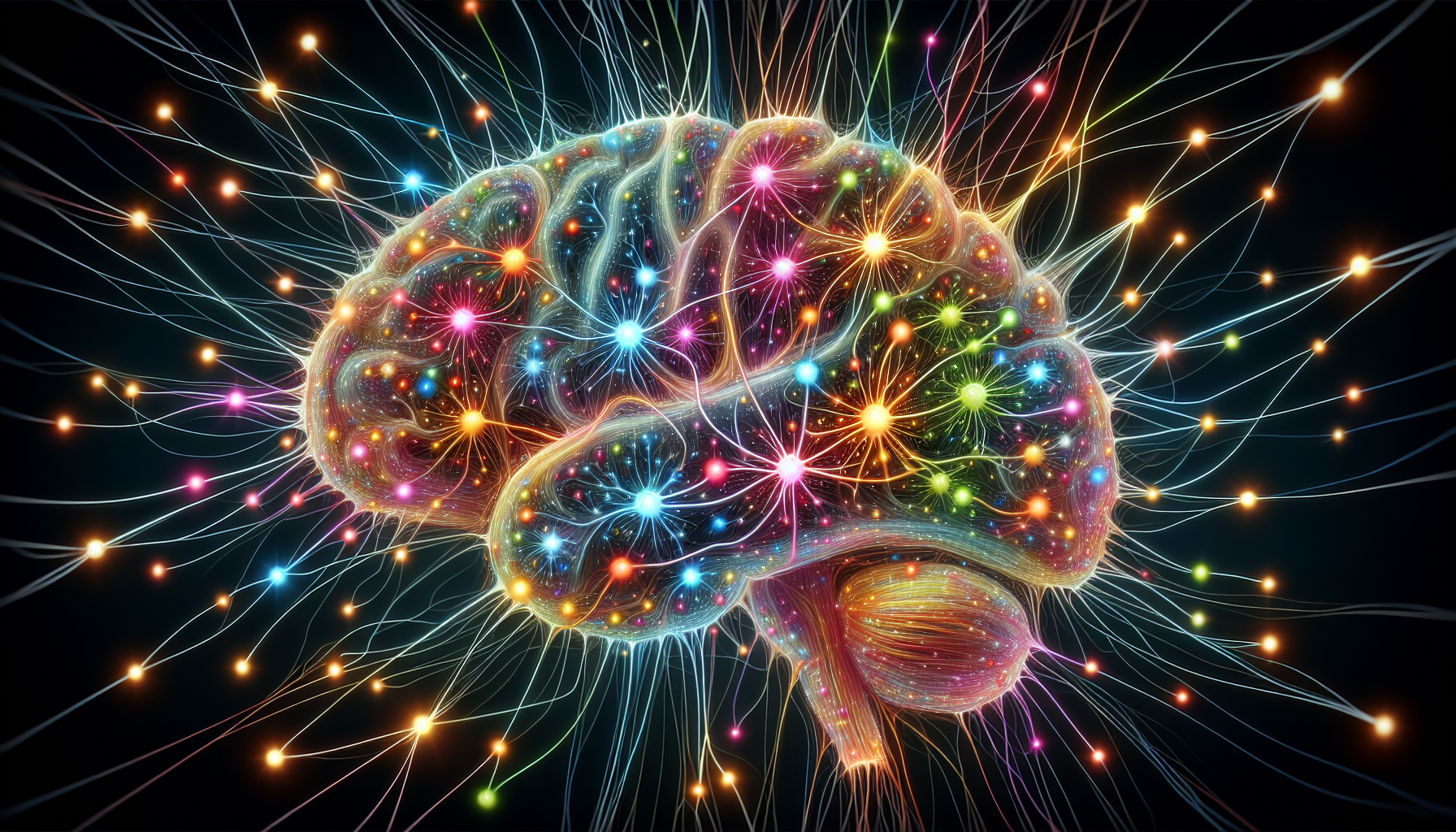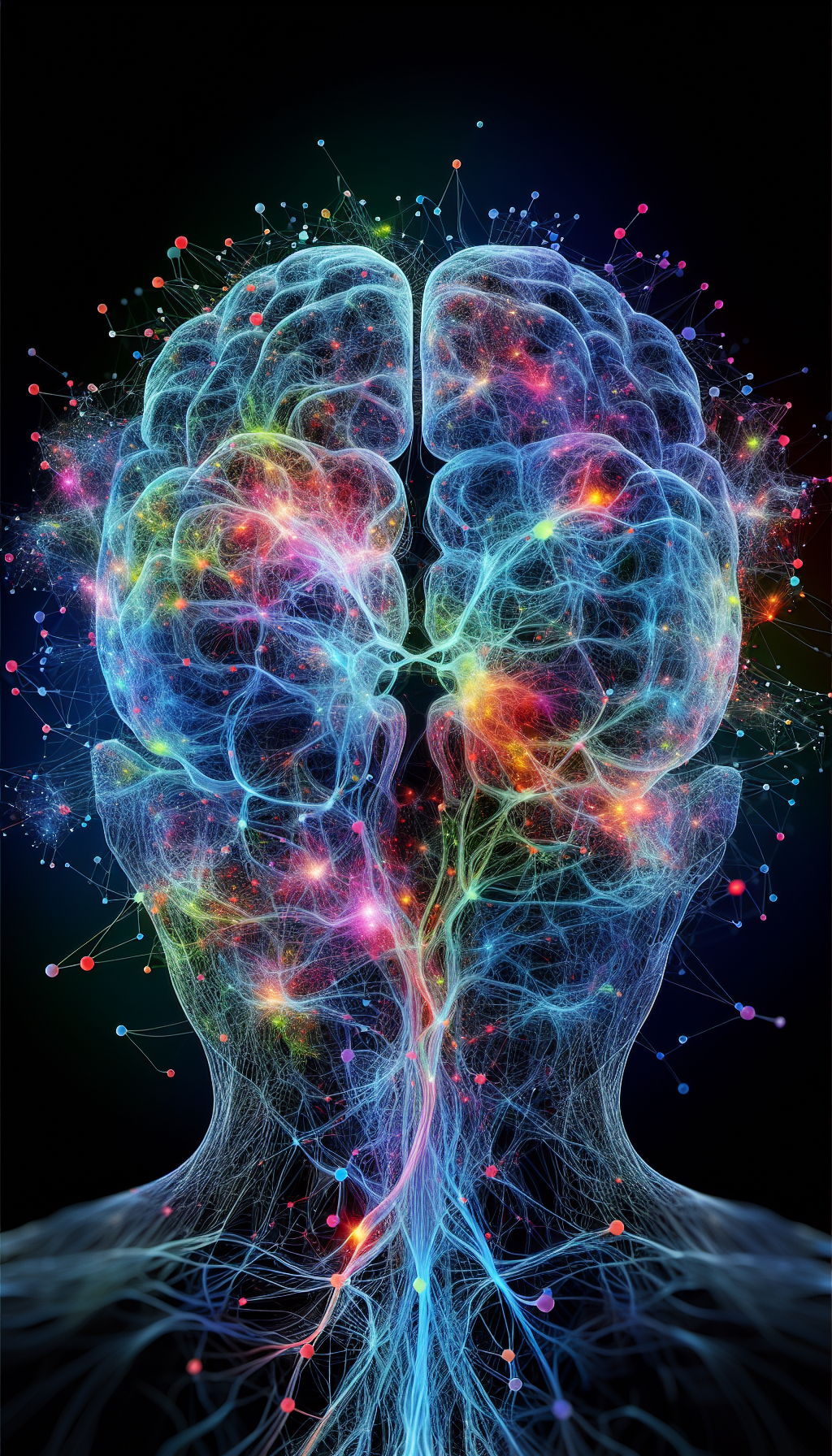The concept of brain plasticity, also known as neuroplasticity, has revolutionized our understanding of the brain and its capacity to change throughout an individual’s life. This remarkable ability of the brain to reorganize and form new neural connections is not only fundamental to learning and memory but also plays a critical role in recovery from brain injury and the management of mental health conditions. In this comprehensive exploration, we delve into the mechanisms of brain plasticity, its impact on mental health, and the lifestyle choices that can enhance this dynamic process.
The Mechanisms of Brain Plasticity
Brain plasticity refers to the brain’s ability to modify its connections or re-wire itself. Without this ability, any brains, not just human brains, would be unable to develop from infancy through to adulthood or recover from brain injury.
What allows for such plasticity is the concept of synaptic plasticity, which is the ability of synapses (the points of contact between neurons) to strengthen or weaken over time in response to increases or decreases in their activity. Synaptic plasticity is one of the neurochemical foundations of learning and memory, which are essential for adapting to new environments or changes in our surroundings.
Brain Plasticity’s Role in Mental Health
The implications of brain plasticity extend far beyond physical recovery processes; it is also intimately tied to mental health. Mental health disorders such as depression, anxiety, and schizophrenia have been linked with abnormal patterns of neural circuitry. Through therapies that harness brain plasticity, there is potential for re-shaping these patterns toward healthier functioning.
For example, in the treatment of depression, therapies may focus on strengthening neural pathways associated with positive emotions and weakening those linked to negative thought patterns. This neuromodulation demonstrates that not only can the brain change in response to injury, but it can also adapt to foster improved mental health.
Enhancing Brain Plasticity
The lifestyle choices we make can have profound effects on our brain’s plasticity. Engaging in regular physical activity, for instance, stimulates the production of neurotrophic factors that promote the survival and growth of neurons, facilitating neuroplasticity. Moreover, practices such as mindfulness and meditation have been shown to affect brain regions associated with attention, emotion regulation, and self-awareness.
Here are some specific strategies that can help to enhance brain plasticity and mental health:
Musical Training
An excellent example of how a specific activity can harness brain plasticity is musical training. Learning to play a musical instrument has been associated with improved cognitive functions, such as better memory and attention skills. For more information on this topic, read about enhancing memory through musical training.
Diet and Nutrition
What we eat also impacts our brain’s health and its plasticity. Antioxidant-rich diets, for example, can reduce oxidative stress, which may contribute to improved cognitive function. Discover more on the neurological benefits of antioxidant-rich diets.
Neurofeedback
Neurofeedback is a form of biofeedback that allows individuals to learn to change their brain waves. Used as a therapeutic intervention, it can help with attention enhancement and other cognitive functions. For a deeper dive, you can read about leveraging neurofeedback for attention enhancement.
Physical Exercise
Regular physical exercise is not just for the body but also for the brain. Physical endurance training, for instance, can lead to improved cognitive resilience. Dive into the connections between physical endurance training and cognitive resilience.
Sleep and Brain Health
Adequate sleep is essential for memory consolidation—a process that benefits significantly from brain plasticity. Poor sleep quality can impair this process, leading to cognitive decline. For further insight into this relationship, explore the relationship between sleep quality and memory consolidation.
Cognitive Cross-Training
Just like cross-training in sports can enhance physical fitness, cognitive cross-training in activities such as puzzles, language learning, or playing chess can lead to a more resilient and flexible brain. For more on this, consider reading about the cognitive benefits of cross-training in athletes.
External Resources Supporting Brain Plasticity
In addition to the strategies mentioned above, various high-quality external resources offer valuable insight into the world of brain plasticity and mental health:
- The International Brain Research Organization provides extensive research and resources on the latest discoveries in brain science, including those related to neuroplasticity.
- Mindful, an online resource dedicated to the practice of mindfulness, offers practical guidance on how meditation can affect brain plasticity.
- The Society for Neuroscience presents a wealth of information on how exercise influences the brain and its plasticity.
By exploring these resources, readers can deepen their understanding of how brain plasticity can be optimized for better mental health outcomes.
Conclusion
The field of brain plasticity offers a hopeful vista for individuals struggling with mental health issues. As research progresses, therapies that effectively harness neuroplasticity could become a mainstay in mental health treatment, offering a non-invasive and empowering approach to healing.
By understanding and engaging with the concepts and strategies that promote brain plasticity, each of us can take proactive steps toward maintaining a healthy, adaptable brain throughout our lives. Whether through music, exercise, nutrition, mindfulness, or sleep, the choices we make can significantly influence our brain’s capacity to change, adapt, and thrive.



